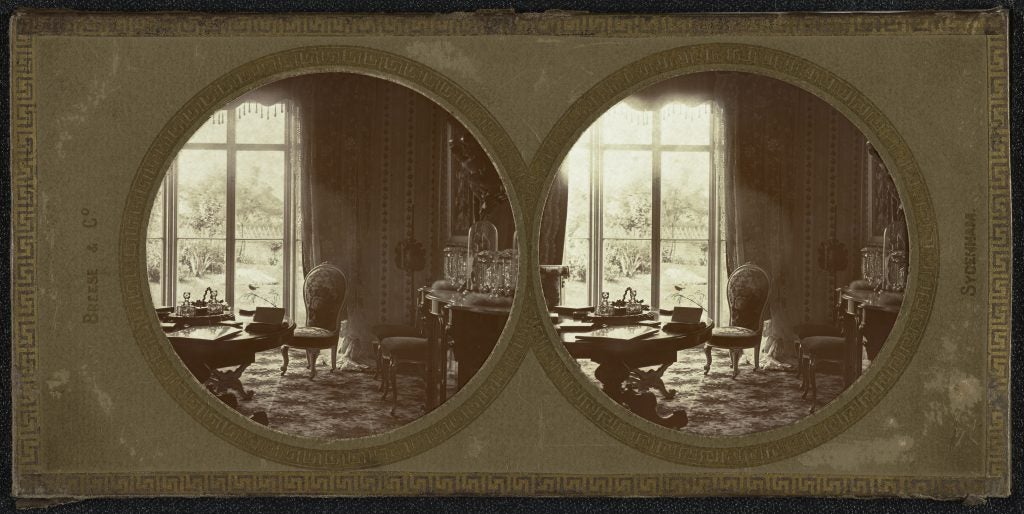Perfect Vision
I do not remember the first time I tried on a pair of glasses. I know that it was the summer of third grade, and in pictures, the glasses are small and delicate. My bad eyesight was due to a penchant for reading books all the time, in bad lighting, usually because I should have been in bed. When I put on my glasses, there was no sudden burst of clarity. Maybe the words on the chalkboard became easier to read, but I certainly didn’t have any epiphanies. I did not, like Dr. Hahn on Grey’s Anatomy, go through the joy of finding out that the blotches of color on the trees were leaves. The glasses were simply slipped on and life continued as normal.
I do not remember the first time I tried on a pair of glasses. I know that it was the summer of third grade, and in pictures, the glasses are small and delicate. My bad eyesight was due to a penchant for reading books all the time, in bad lighting, usually because I should have been in bed. When I put on my glasses, there was no sudden burst of clarity. Maybe the words on the chalkboard became easier to read, but I certainly didn’t have any epiphanies. I did not, like Dr. Hahn on Grey’s Anatomy, go through the joy of finding out that the blotches of color on the trees were leaves. The glasses were simply slipped on and life continued as normal.








